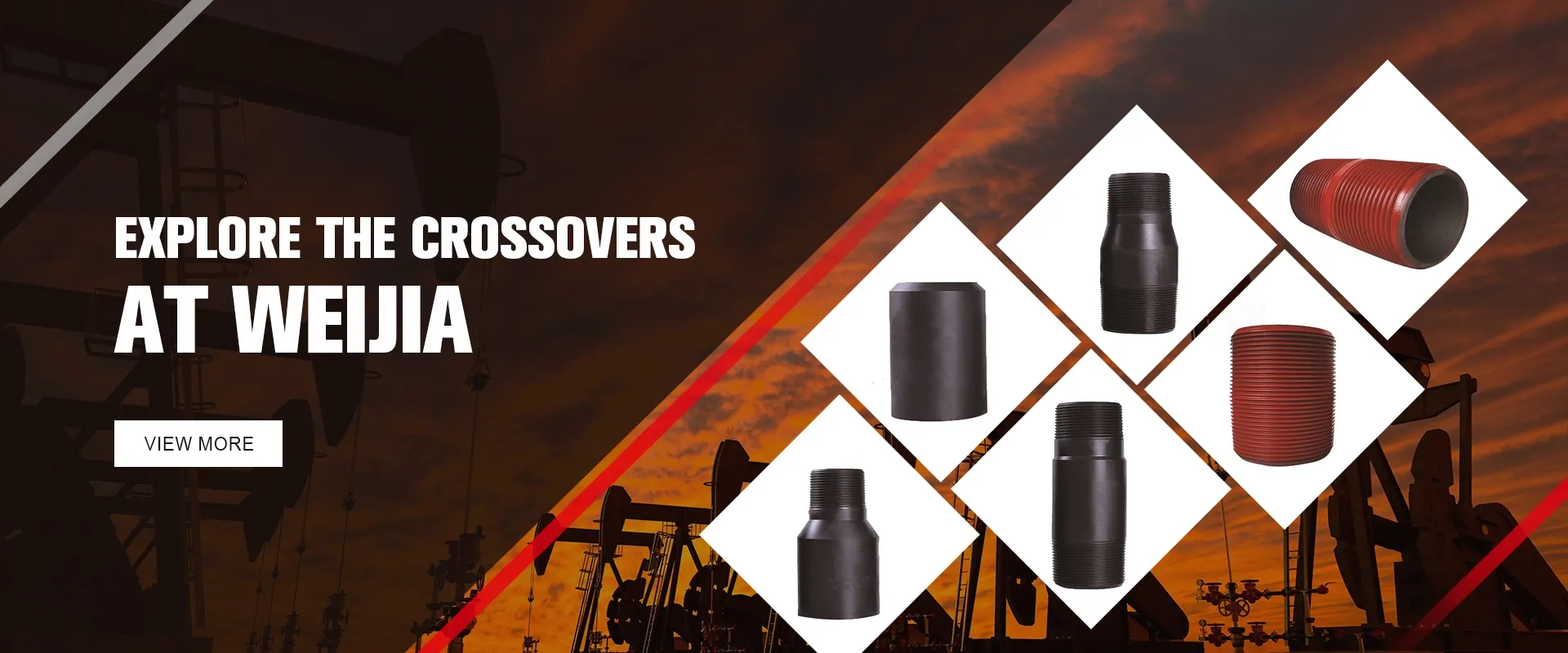- Afrikaans
- Albanian
- Amharic
- Arabic
- Armenian
- Azerbaijani
- Basque
- Belarusian
- Bengali
- Bosnian
- Bulgarian
- Catalan
- Cebuano
- Corsican
- Croatian
- Czech
- Danish
- Dutch
- English
- Esperanto
- Estonian
- Finnish
- French
- Frisian
- Galician
- Georgian
- German
- Greek
- Gujarati
- Haitian Creole
- hausa
- hawaiian
- Hebrew
- Hindi
- Miao
- Hungarian
- Icelandic
- igbo
- Indonesian
- irish
- Italian
- Japanese
- Javanese
- Kannada
- kazakh
- Khmer
- Rwandese
- Korean
- Kurdish
- Kyrgyz
- Lao
- Latin
- Latvian
- Lithuanian
- Luxembourgish
- Macedonian
- Malgashi
- Malay
- Malayalam
- Maltese
- Maori
- Marathi
- Mongolian
- Myanmar
- Nepali
- Norwegian
- Norwegian
- Occitan
- Pashto
- Persian
- Polish
- Portuguese
- Punjabi
- Romanian
- Russian
- Samoan
- Scottish Gaelic
- Serbian
- Sesotho
- Shona
- Sindhi
- Sinhala
- Slovak
- Slovenian
- Somali
- Spanish
- Sundanese
- Swahili
- Swedish
- Tagalog
- Tajik
- Tamil
- Tatar
- Telugu
- Thai
- Turkish
- Turkmen
- Ukrainian
- Urdu
- Uighur
- Uzbek
- Vietnamese
- Welsh
- Bantu
- Yiddish
- Yoruba
- Zulu
Well Casing Coupler for Enhanced Oil and Gas Well Integrity Solutions
Understanding Well Casing Couplers Essential Components in Oil and Gas Operations
In the realm of oil and gas exploration and production, the integrity and efficiency of well construction are paramount. One of the critical components that play a vital role in this process is the well casing coupler. This article will delve into the significance of well casing couplers, their types, applications, and the impact they have on the overall drilling operation.
Well casing, the steel pipe that is inserted into a drilled borehole, is essential for maintaining the structural integrity of the well. It serves multiple purposes preventing the collapse of the borehole, protecting groundwater from contamination, and facilitating the production of oil and gas. Casing is segmented into various lengths, and to connect these segments securely, well casing couplers are utilized.
Well casing couplers, often referred to as casing connectors, are devices used to join two lengths of casing together. They play an integral role in maintaining a continuous and secure casing string in wells. The strength and reliability of these couplers are critical because they withstand high pressures, temperatures, and the operational stresses associated with drilling and production. A failure in the coupling could lead to catastrophic outcomes, including well blowouts, leaks, and costly downtime.
well casing coupler

There are several types of well casing couplers tailored for different applications. The most common types include threaded couplers, welded couplers, and slip couplers. Threaded couplers have male and female threads that allow for easy assembly and disassembly, providing flexibility during operations. Welded couplers offer a permanent connection, ensuring maximum strength and integrity, while slip couplers allow for the adjustment of casing lengths during installation.
The choice of coupler depends on several factors, including the type of well, the depth of the installation, and the specific requirements of the drilling operation. Engineers must assess the geological conditions and the potential risks to determine the most suitable coupler design.
In addition to the physical characteristics of couplers, the materials used in their construction are also critical. Couplers are typically made from high-strength steel and are often coated to resist corrosion and wear, ensuring they can withstand harsh downhole environments.
In summary, well casing couplers are indispensable components in oil and gas drilling operations. Their role in connecting casing segments helps ensure the structural integrity of wells, safeguard groundwater, and optimize production efficiency. The selection of the appropriate coupler type and material is crucial for the success of drilling operations. As technology advances, innovations in casing couplers continue to enhance the reliability and safety of wells, driving progress in the ever-evolving energy sector.
-
Tubing Pup Joints: Essential Components for Oil and Gas OperationsNewsJul.10,2025
-
Pup Joints: Essential Components for Reliable Drilling OperationsNewsJul.10,2025
-
Pipe Couplings: Connecting Your World EfficientlyNewsJul.10,2025
-
Mastering Oilfield Operations with Quality Tubing and CasingNewsJul.10,2025
-
High-Quality Casing Couplings for Every NeedNewsJul.10,2025
-
Boost Your Drilling Efficiency with Premium Crossover Tools & Seating NipplesNewsJul.10,2025







